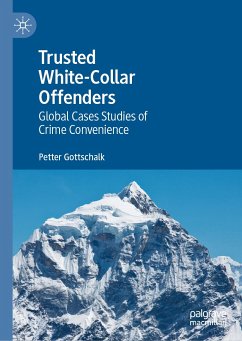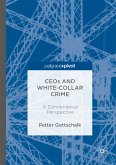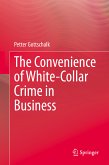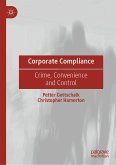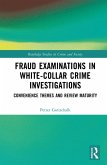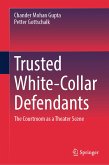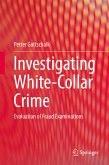This book uses global case studies of white-collar crime to examine offenders in top business positions and their motives. Drawing on the theory of convenience, this book opens up new perspectives of white-collar offenders in terms of their financial motives, their professional opportunities, and their personal willingness for deviant behaviour. It focusses on three groups of privileged individuals who have abused their positions for economic gain: people who occupied the position of chair of the board, people who were chief executive officers, and female offenders in top positions, and the related white-collar crimes. Convenience themes are identified in each case using the structural model for convenience theory. The case studies are from Denmark, Germany, Japan, Moldova, Norway, Sweden, and the United States. This book speaks to those interested in white-collar crime, criminal justice, policing, organizational behaviour and business administration.
Petter Gottschalk is Professor in the Department of Leadership and Organizational Behavior at BI Norwegian Business School, Norway. Dr Gottschalk has published extensively on knowledge management, white-collar crime, fraud investigations, and convenience theory. Before joining academia, he held executive positions in business enterprises.
Dieser Download kann aus rechtlichen Gründen nur mit Rechnungsadresse in A, B, BG, CY, CZ, D, DK, EW, E, FIN, F, GR, HR, H, IRL, I, LT, L, LR, M, NL, PL, P, R, S, SLO, SK ausgeliefert werden.
Hinweis: Dieser Artikel kann nur an eine deutsche Lieferadresse ausgeliefert werden.

